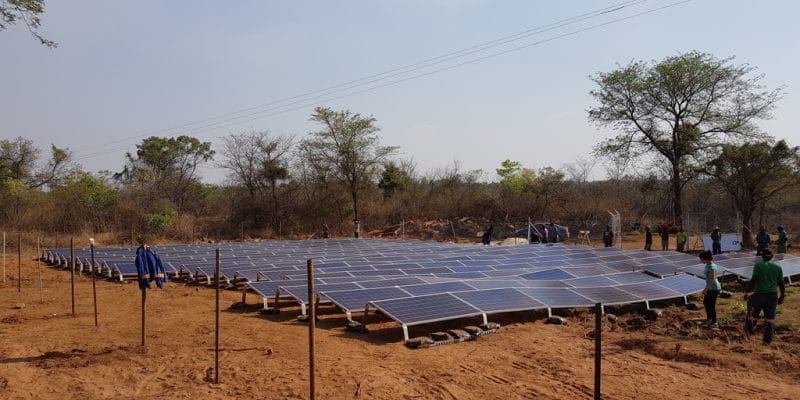Redavia obtains funding to deploy its solar photovoltaic systems in Africa. The German company has secured a €1.5 million catalyst loan from EEP Africa, a multi-donor fund hosted and managed by the Nordic Development Fund (NDF) with funding from Austria and Finland. EEP Africa aims to provide seed grants and catalytic financing for innovative clean energy projects, technologies and business models in at least 15 countries in Southern and Eastern Africa.
EEP Africa’s funding comes as solar energy provider Redavia is accelerating the deployment of its solar systems in businesses primarily in Ghana and Kenya. The solar energy is thus provided to the companies, which in exchange simply pay a monthly bill for the costs of servicing and maintaining the solar power plant.
Rapid deployment of Redavia’s solutions
The EUR 1.5 million loan was granted to Rédavia under EEP Africa’s Catalyst EEP programme. According to this fund dedicated to clean technologies in Africa, the scheme is designed to finance the development of the next generation of clean energy market leaders in Africa. Flexible early-stage debt is still scarce in the sector and expansion stage loans are needed to support innovation and unlock commercial capital.
“This first catalyst loan to Redavia is a clear demonstration that we can deliver on NDF’s new strategy and commitment to provide flexible financing and catalytic impact. It has all the ingredients that define the added value of the Nordic Development Fund (NDF) in the northern climate finance landscape. This loan demonstrates our unique combination of financing instruments and our ability to combine and match solutions to support our partners, both public and private,” says Karin Isaksson, Managing Director of the NDF.
The Energy and Environment Partnership (EEP) Africa estimates that its financing will enable Redavia to expand its activities and contribute to green jobs and green growth by installing 1.26 MWp and producing 1,700 MWh of clean energy per year. According to the same source, the transition of SMEs (small and medium-sized enterprises) and institutional customers to lower-cost, clean energy consumption will save $20,000 per year in energy costs and reduce or avoid emissions of 730 tons of carbon dioxide over the same period.
Jean Marie Takouleu
